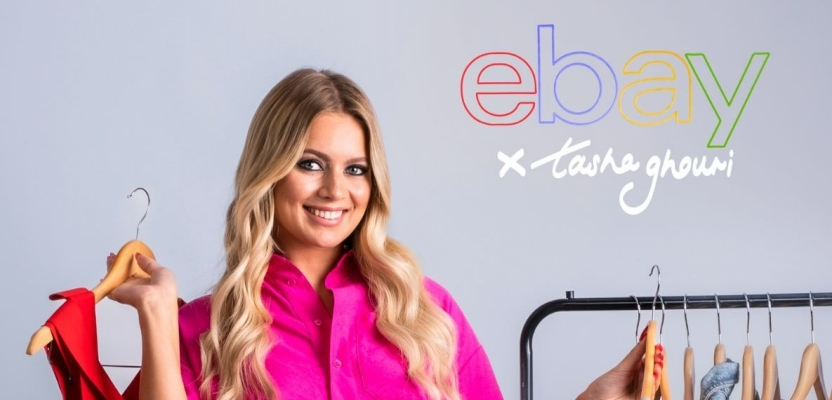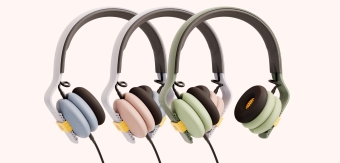Last month, Gemma Owen announced her six-figure partnership deal with fast-fashion brand, Pretty Little thing. By comparison, Love Island’s Tasha turned heads after announcing her preloved fashion partnership with eBay. Tasha’s partnership deal is a stark contrast to the usual partnerships that ex-Love Islanders, such as Gemma, usually sign when leaving the villa.
Sarah Penny, Content & Research Director at Influencer Intelligence, a leading influencer marketing platform, feels that Tasha is a perfect example of the growing popularity of influencers using their influence to promote good causes and ethical brands.

The influencer industry has undeniably grown in popularity over the last decade, and it shows no sign of slowing with its global value set to reach $16.4B by the end of the year. The popularity of influencers has increased the scale of opportunity available to brands who realise the huge commercial potential they offer.
This potential lies in the strength of trust that consumers place in influencers. A recent survey revealed 62% of social media users trust influencers more than celebrities, highlighting the importance of them using their content to promote a wider cause. However, as the saying goes, with great power comes great responsibility and this is certainly the case for influencers.
Because of the responsibility they hold and the public lives they lead, every online communication is understandably scrutinised. One misstep or perceived abuse of trust carries reputational risks for the influencers and puts potential brand partnerships in jeopardy.
This is heightened further by the increasing demands of consumers who are increasingly savvy about ethical issues and feel empowered to boycott their favourite brands or influencers - as shown by the reaction to Elle Darby when her racist tweets from a decade ago resurfaced and caused her to lose over 100,000 followers.
How are influencers using their influence for good?
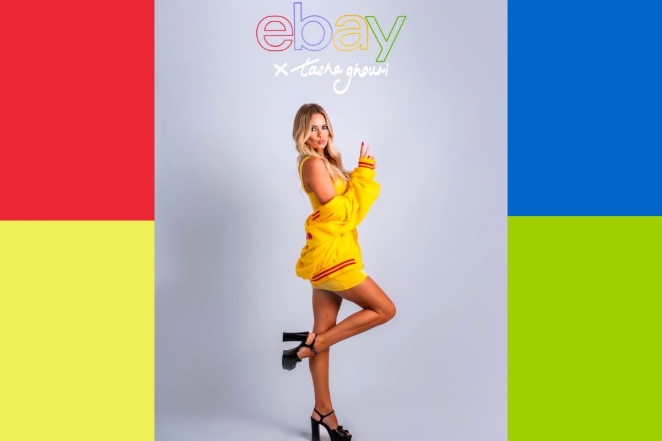
In this context, it’s understandable that influencers are increasingly looking to use their influence ‘for good’, such as supporting or campaigning for charities or causes.
However, influencers are advised to only do so when the intent is genuine. Otherwise they risk appearing inauthentic or tokenistic, which can significantly harm their reputation. Doctor Alex George is a prominent, successful example of an influencer using their influence for good. He has used his platform to support mental health, a cause incredibly close to his heart after losing his brother to suicide.
Similarly during lockdown, influencers promoted campaigns designed to spread accurate information about Covid, including encouraging people to get vaccinated with factual messaging.
Amid a rise in cancel culture, it’s vital that influencers think about the wider impact their words and actions can have on people, whether they’re online or out in public. As revealed within our whitepaper, this is nothing new, but the accountability of influencers is definitely not disappearing any time soon.
Love Island and the recent headline making partnerships

With judgement passed on an influencer’s every move, it’s vital that the right choices are made when it comes to brand partnerships. The recent brand deals signed by 2022 Love Islanders Gemma Owens and Tasha Ghouri have made headlines, due to the stark contrast between their partnerships dominating industry conversation.
Gemma has partnered with Pretty Little Thing, a decision that has been met with criticism due to their position in the world of fast fashion. Comparatively, Tasha has started a new role as eBay’s first pre-loved ambassador, shedding a light on the fact that many influencers are now making wiser and more sustainable choices.
Comparatively to past years, the 2022 islanders seem far more aware of the benefits of authentic and sustainable partnerships, highlighting the current values held within the industry.
The role of the brand
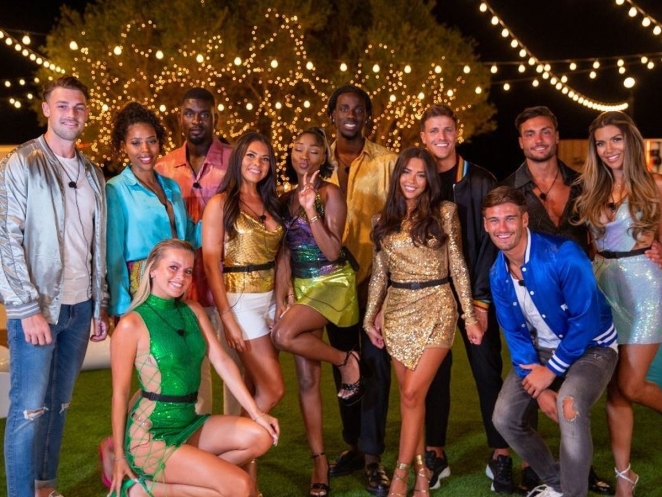
Brands have a responsibility to partner with like-minded creators who represent the brand’s values. The right pairing requires careful selection and a detailed, two-way briefing process.
Should brands and influencers get the partnership right, there’s more opportunity for long term collaborations which help to build authenticity and fans of the influencer are likely to become long-term fans of the brand. Ultimately, a well-matched partnership that performs is far more likely to boost sales than a pairing that is met with negativity.
Whilst many products are not controversial, brands have a responsibility to only commit to a purpose-led campaign if it’s meaningful. In these situations, brand partnerships with influencers cannot be tokenistic or disingenuous, or it’s likely to negatively impact all parties involved. In a worst-case scenario, this could also result in consumers boycotting both the brand and influencer.
To prepare for the possible worst-case scenario, influencers and brands need to consider potential backlash if the partnership doesn’t seem natural or is promoting something negative. It’s advised that influencers and brands weigh up the pros and cons fully before committing to a partnership.
Influencers have worked hard to create a highly engaged audience who enjoy following their daily lives. By promoting a business or product, influencers can build credibility and trust for the brand as followers are provided with recommendation.
Why should brands choose an influencer for good?
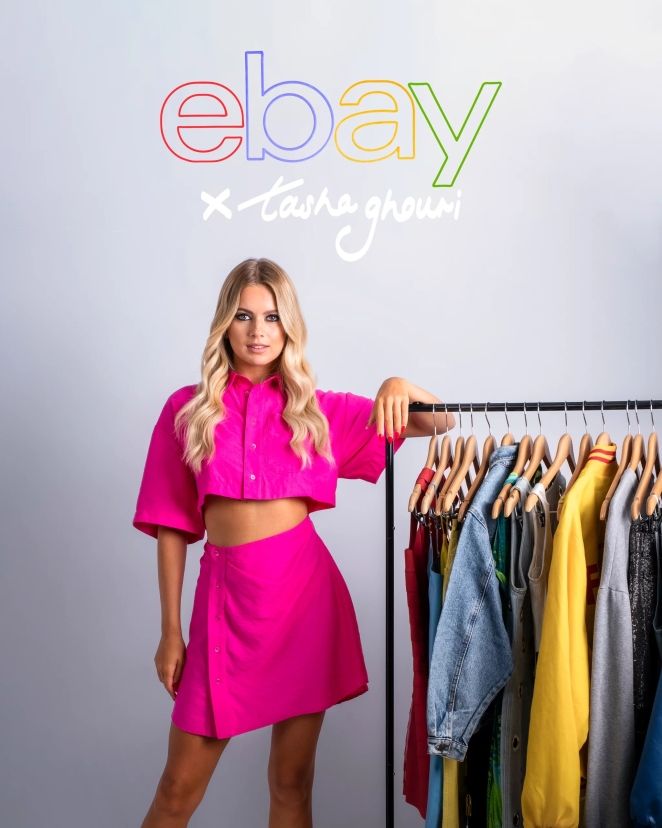
Not all influencers will use their influence for good in terms of driving purpose, and likewise, not all brands are in the position to be suitable for purpose-led campaigns. For example, fast fashion brands are going to find it more challenging to create a purpose-led campaign that is genuine.
If genuine and successful, influencers have proven effectiveness to deliver the desired objectives for brand campaigns. Therefore, it’s no surprise to see research revealing that 60% of marketers find that influencer-generated content performs better and drives more engagement compared to branded posts. Influencers are a powerful tool and, when used correctly, can benefit both brands and influencers in the long and short term.

